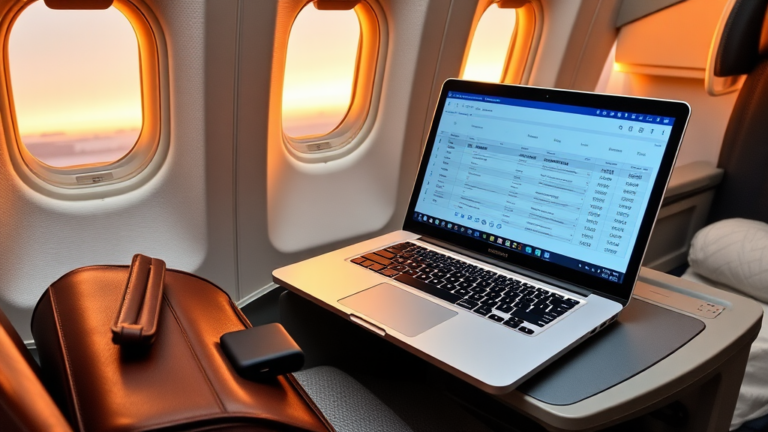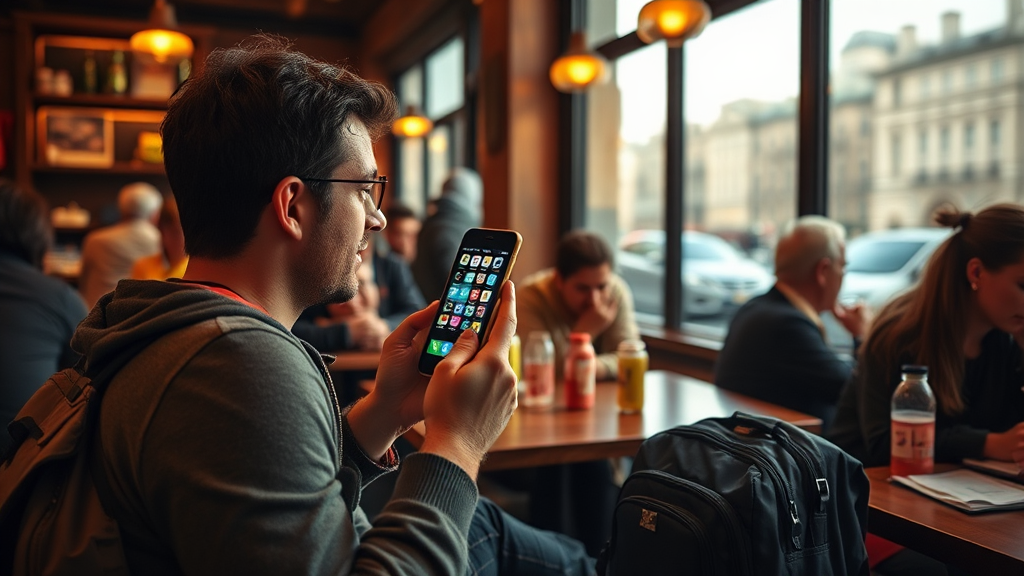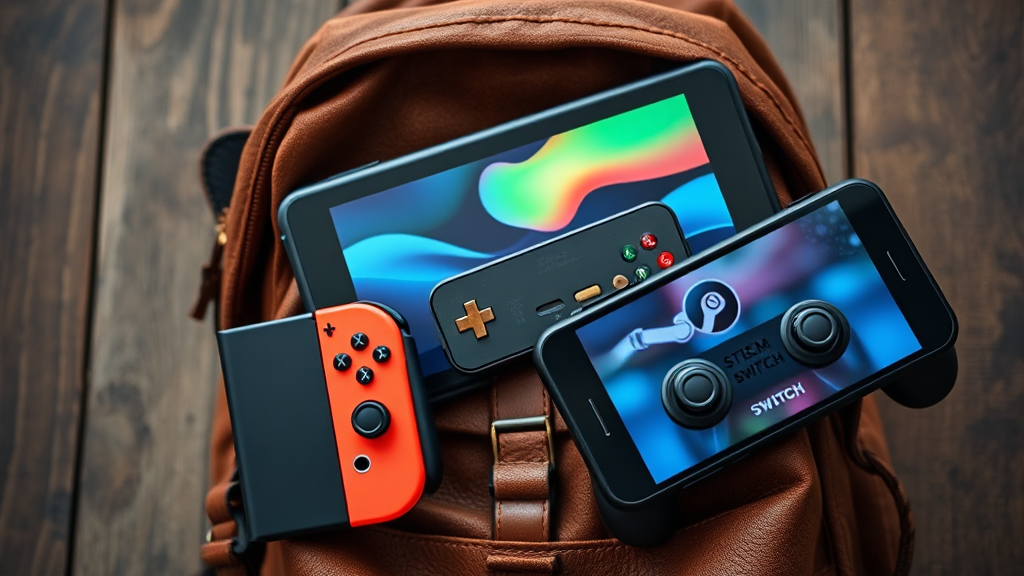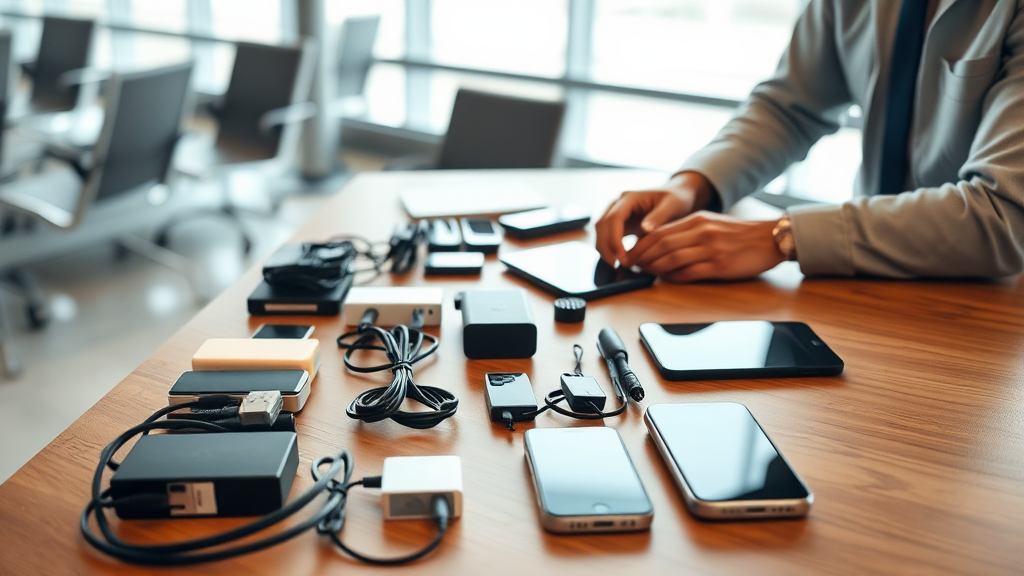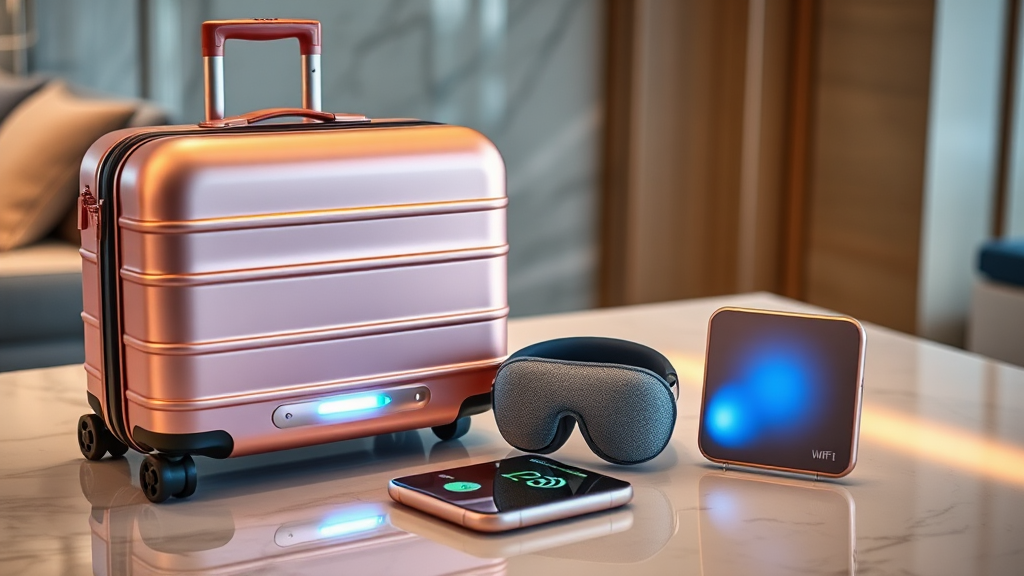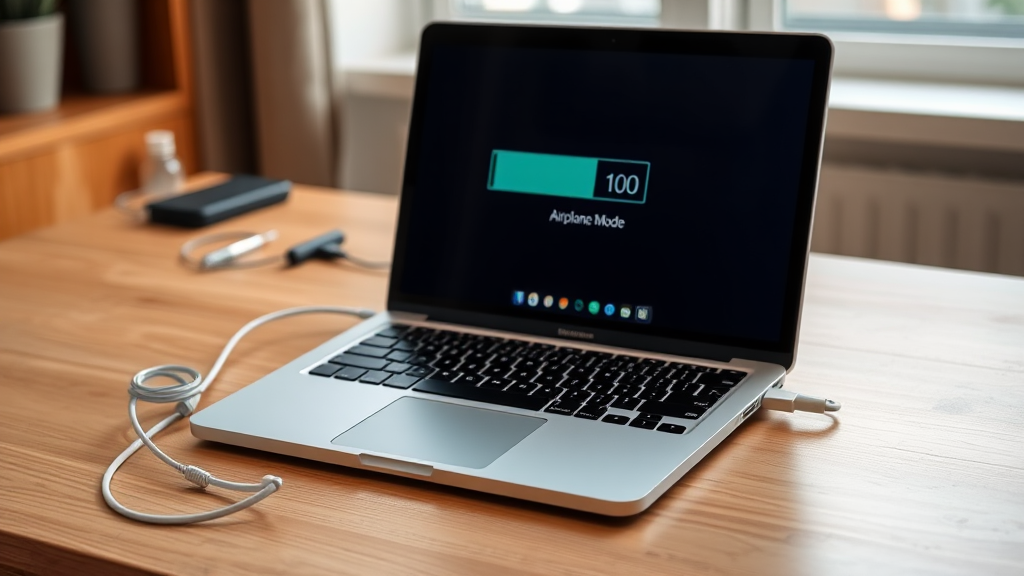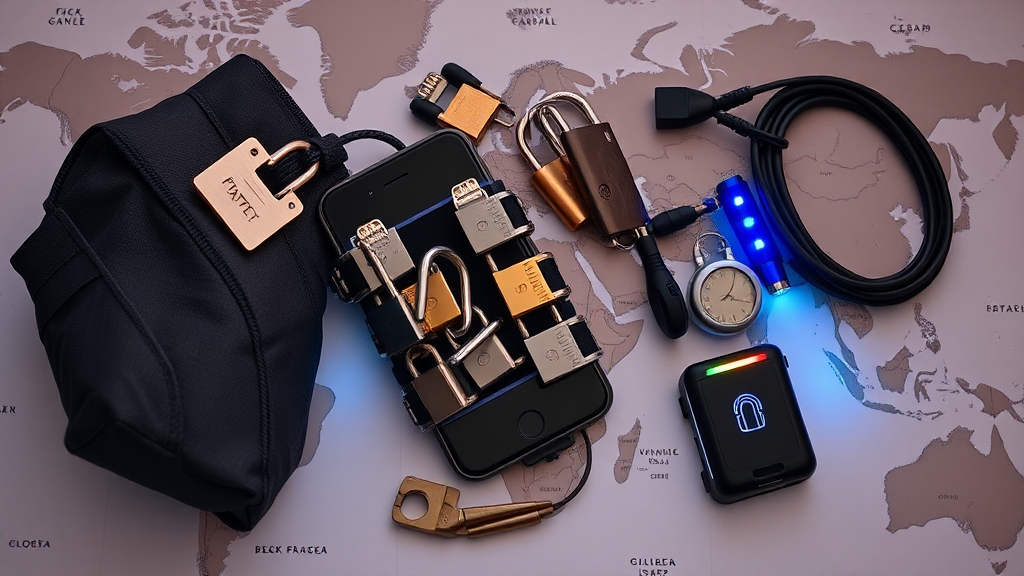Are you a salesperson who spends a large amount of time out in the field visiting prospects, clients and customers?
Are you on the road a lot and wondering what’s the best laptop to buy that’s best suited for sales professionals who are constantly on the go?
If so, read on. In this article, we explore the key considerations for businesspeople to choose a powerful and portable computer that’s suitable for their needs.
We take a look at how there isn’t a single device that’s perfect for every salesman, and how the ideal solution largely depends on specific usage requirements.
We also discuss how the best laptop for sales teams isn’t just the computer itself, but rather, it consists of all the related peripherals that come together to provide the features, functionality and flexibility needed.
If you’re on the lookout for a new laptop, you’ll definitely gain useful insights from this guide. Buying a laptop can be a confusing and expensive experience. Make sure you choose well.
#1 There’s no single absolute best laptop for salespeople
There’s no single type, brand or technical specification for a laptop that’s the ideal choice. It all depends on the person using it and what they need it for.
Laptop manufacturers didn’t create devices for writers, designers, programmers, salesmen or any particular profession specifically. Instead, they put together low, medium and high end products to suit different price points.
To pick the ideal one for you, the laptop should fit your budget and be able to do what you need. So, you have to be clear what you want out of your computer and figure out what it takes to achieve it.
#2 What do you need your laptop to do when meeting clients
A salesperson who does lots of presentations using a projector to a large audience will have different needs to a client servicing professional who does closer contact onscreen presentations to two or three people.
What you need from your laptop itself depends on what other equipment is available onsite, what peripherals you’re bringing with you, how much you rely on your presentation’s slides, whether you’re using video a lot, and various other factors.
If you’re not sure of what you may or may not need, you should do a trial run in your office to go through an actual client meeting, and simulate everything exactly including setting everything up yourself.
Don’t rely on your tech guy to help. Make sure you know every cable, connection and piece of equipment in detail. Borrow a laptop if you haven’t got yours yet. Check the specs. Test the screen. Look at the ports. Try to know it well.
#3 Every salesperson’s needs will differ according to their personal profile
Laptops with all the bits and pieces that may be needed to setup a complete system can be bulky and heavy to lug around. A well built man won’t have as much trouble carrying around all the equipment, but it may be difficult for a petite lady.
So, it is important to choose a laptop that’s well suited to the person who will be using, and carrying it.
There’s normally a tradeoff between size, power/performance and price. For female users who may need the laptop to be as portable as possible, it makes sense to invest in a pricier model that’s slimline but still powerful.
While a big strong man who’s able to carry whatever necessary can save some of the budget from the laptop to get a portable external monitor or projector to give his presentation extra oomph.
#4 Focus on your business requirements first to choose the right laptop
You’ve got to see what you need the laptop for and more importantly, *how* you’ll be using it.
For example, a traveling salesman who is on the road for weeks at a time visiting multiple prospects in different states will have different requirements for their computer compared to sales executives who fly there-and-back for specific meetings, but make multiple trips each month.
One of them can have a more lightweight machine that doesn’t have to be so powerful while the other will need a reliable workhorse to use for daily work as well as to perform impressively when presenting to customers.
Also, in some industries, having a top of the line Macbook Pro may make an instant connection with your prospects, especially in the creative field. On the other hand, in more old school environments, a sleek Apple laptop may be perceived as unnecessarily flashy.
It all depends on you, your needs, and possibly your industry, and your customer/client profile.
#5 Your laptop’s technical specs should serve your business objectives
This is quite obvious but the point is that you need to know your business use before trying to decide on what tech specs are needed for your laptop.
Will you be making presentations to clients from your laptop screen, or will you connect to a larger TV via HDMI or a projector?
Should you get a large internal SSD drive for adequate local storage of large video files rather than depending on Cloud storage in case of poor Internet connectivity?
Should you bump up the RAM to 16 or even 32GB so that you can have as many browser tabs and applications open without worrying about any lag or performance issues due to a lack of sufficient memory?
Should you make it a requirement to get a laptop with an internal Ethernet card and an RJ45 port so that you can have a fast and stable wired Internet connection when possible?
As you can see, this is a much more sensible way to decide on what’s needed, what’s essential and what may not be necessary in your laptop.
#6 Use gadgets and peripherals to extend the laptop into a full system
An important thing to bear in mind is that you can use add-ons to extend your laptop into a more complete system that helps you achieve your goals.
For example, instead of getting the largest 17 inch laptop (which is bulky and heavy) because a big display is needed during presentations. You could get a smaller screen and a large portable external monitor to use when needed.
This makes your laptop more portable when you’re not using it to make presentations and gives you the best of both worlds.
Or, instead of trying to find a laptop with all the ports you may need, you could get a powerful USB external hub that expands your USB2.0, 3.0 and Type-C ports, and includes connections for HDMI, Ethernet and headphones too.
You should also consider getting a laptop with USB-C charging capabilities with Power Delivery so you don’t have to lug around the regular laptop power adapter.
#7 Get a large rolling laptop bag to fit everything in
If there’s one thing that traveling salespeople should bear in mind when choosing a laptop and all the other equipment that goes with it, it’s how everything will be carried and moved around.
In most cases, the best option is to get a high quality rollable bag that has a tough shell and sufficient internal padding to protect the fragile tech inside.
It doesn’t necessarily have to be a laptop bag per se, but it is generally better to get luggage that’s specifically designed to carry laptops and for traveling and taking onto planes as carryons.
By having a sizeable and convenient-to-roll bag in mind, it may influence your choice of laptop, as you don’t need to worry about having it on your shoulder or hands all the time. This allows you to get a slightly bigger device that you may be on the fence about when thinking of how you’ll move around with all the gear.
#8 A smaller device for the plane or in lounges waiting
When you’re traveling for business, you often need to reply emails, draft proposals, read PDFs and various other things when you’re sitting in a confined space without a proper desk.
There isn’t space to bust out a bulky machine. You literally only have your lap to balance a device, or if you’re on the plane or train, there’s the tiny tray table.
This limitation usually pushes people to get a small laptop that will suit these situations, at the expense of not having a large enough screen when they get to the hotel room or when there’s a few hours to get work done at a coffee shop.
A good solution is to use your smartphone or tablet instead of a laptop when there’s only space for a handheld. You can still get a lot of critical things done on the smaller screen that’s more accessible and designed for mobile use.
Conclusion
As you can see, to find a good solution where your technology setup serves you well on your sales trips, you should have a better understanding of what you need and how to achieve it.
Instead of trying to find that ideal laptop that can do it all, you should understand that there are various models that can serve your purposes.
What’s important is to select the ones with the right features, suitable specifications, and high quality parts. It should be compatible with other addons to build out a complete system that’s portable and quick to put together when visiting clients.
Rather than searching for the best travel laptop for a salesman, it’s probably better to consider the best tech setup for traveling salespeople.

